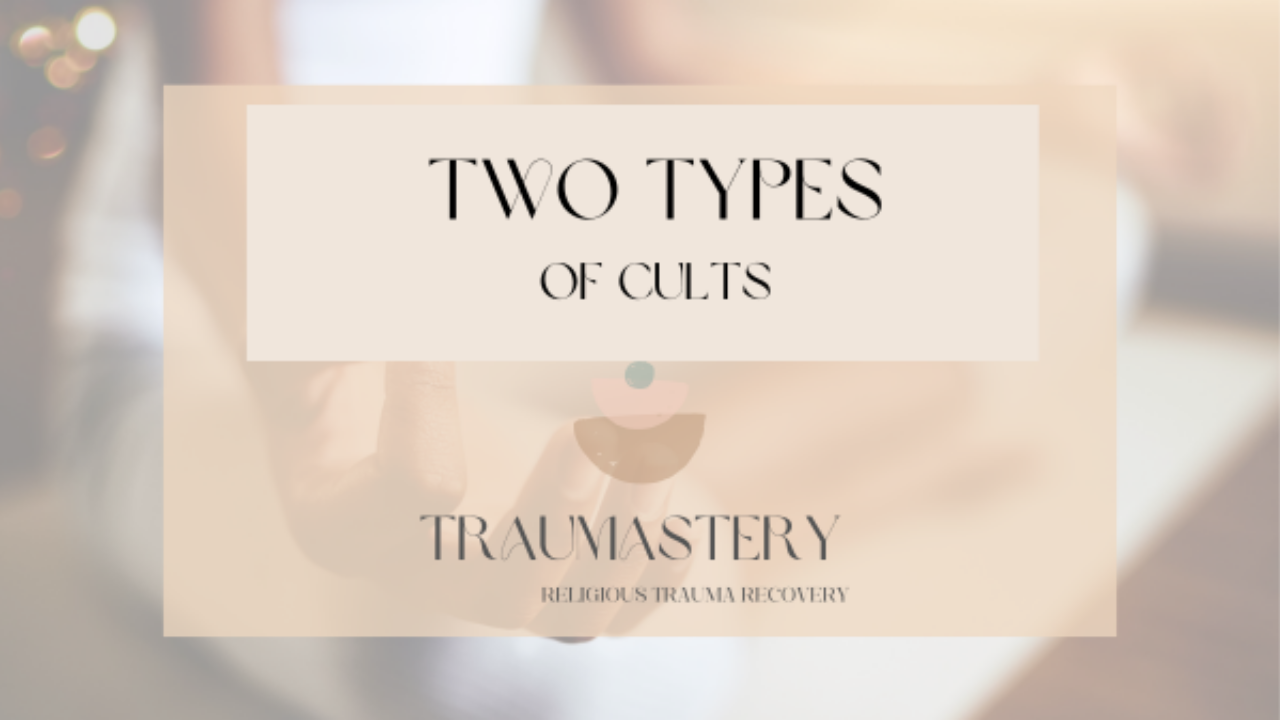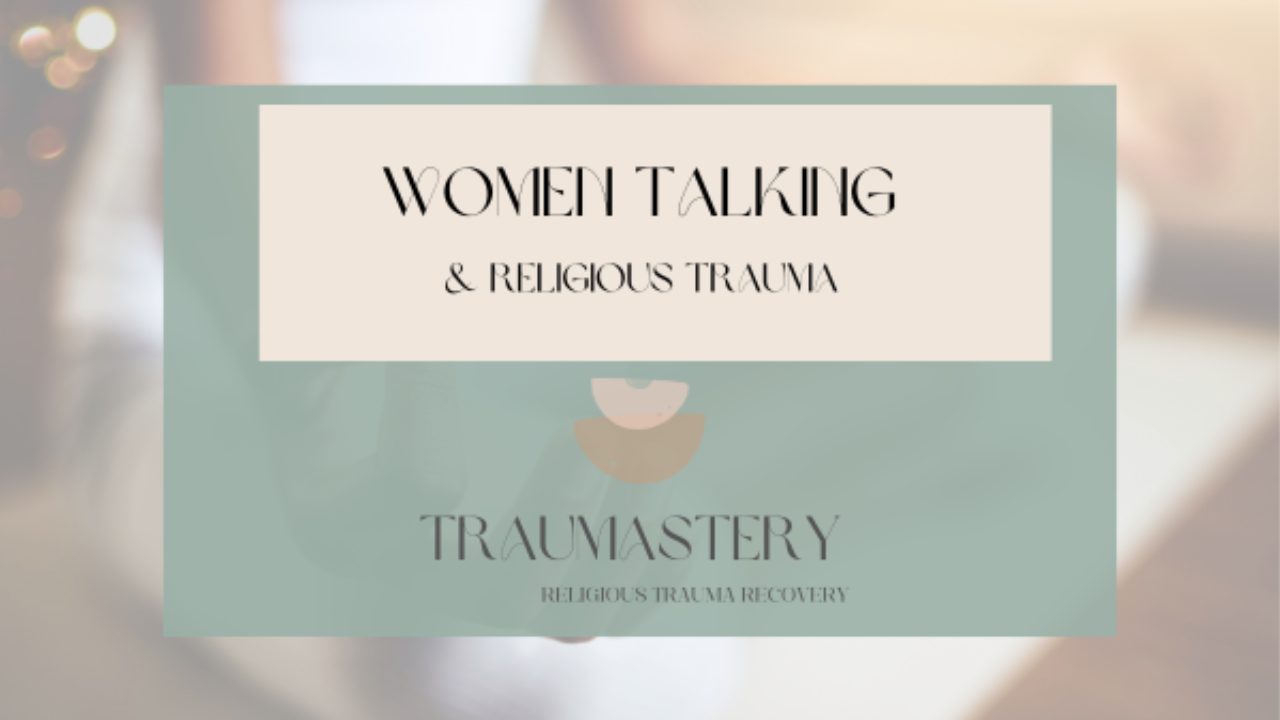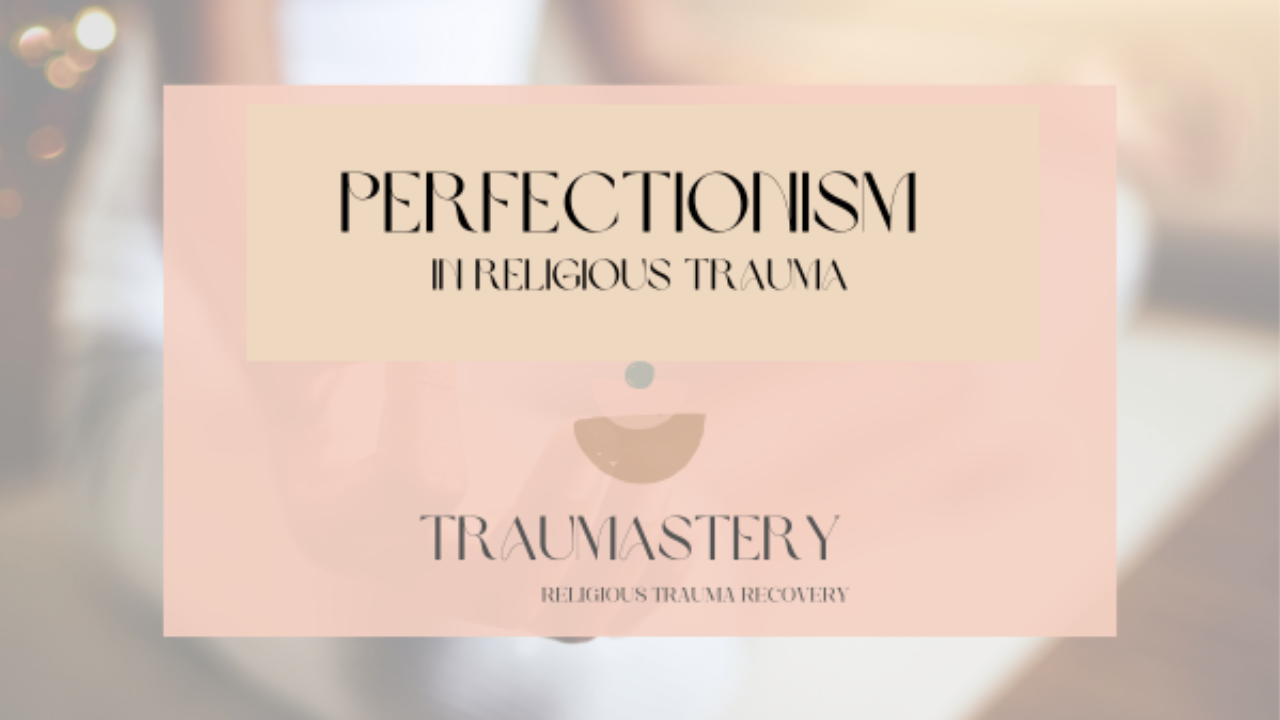Healing Your Relationships After Trauma
Our relationships suffer after trauma, but you can get yours back on track.
What is attachment?
Attachment is one of the most researched theories around human relationships and connections. Attachment, the way in which we relate to ourselves and others, has been studied all over the world, across cultures, races, experiences, and religions. And it can be so helpful in how you understand your relationships, before, during and after traumatic events.
No one wants trauma in their lives, but that's the thing about trauma-- it happens without our permission and changes how we see the world. We struggle to feel safe and connected after trauma because our bodies are trying to make sense of the horror that has happened.
The thing is: we need support, relationships and connections in order to heal from trauma. But our relationships suffer the most after a traumatic event.
Connection lets us know it's safe to start recovering and healing from our bad experiences. It tells us we have the support we need to make it through the uncomfortable sensations and feelings that are bound to come up.

A lack of connection is really common in trauma survivors and we can use your attachment style to change that.
Attachment Wound Symptoms:
One of the tricky things that happens in the aftermath of trauma is that sometimes our old attachment wounds will come up and cause even more stress.
Anxious Responses:
Those with an anxious attachment style might struggle to feel stability in relationships. They often worry that they are going to be rejected or abandoned if things get tough along the way. They might spend a lot of time seeking reassurance and then feeling shame or extreme anxiety when their partners aren't able to provide it all of the time.
Avoidant Responses:
Those with an avoidant attachment style might struggle to feel safe inside the closeness of intimate friendships or relationships. They might feel suffocated or worried that they are going to lose their autonomy if they are forced to make longterm commitments.
Mixed Responses:
Someone might even have a mixed attachment style, which can make them long for connection but feel totally frightened whenever it is available to them.
What Can Be Done About Trauma Responses?
A lot, actually. You need to understand how attachment works and how your attachment wounds might be playing out in your relationships. You can learn skills to stay connected even when your attachment wounds and your trauma are yelling at you to disconnect and run for the hills. In my 15 years of clinical practice, this is where all of my patients begin to do their deep recovery work: understanding how to relate in healthy and sustainable ways.
Learn More About Getting AttachedNow what?
Do these symptoms resonate with you?
Get On Our Wailist
I teach you all of these things in our incredible Attached: Reclaiming Relationships After Trauma course. Our waitlist is open now and you can join us here.
Get On The WaitlistReady for more resources?
Dive into our blog for free resources, downloadables, and helpful skills.





